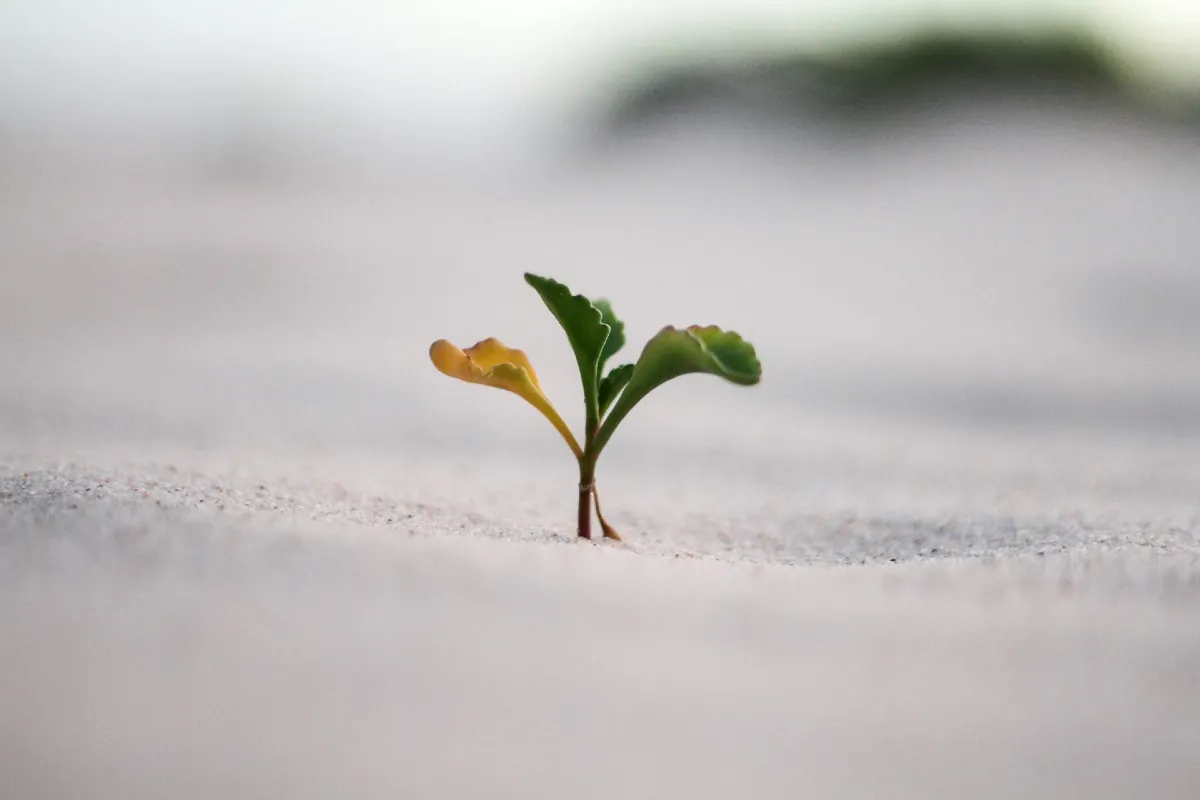World Mental Health Day takes place on 10th October (today), and new research from Bainland Lodge Retreats has revealed that over half of people in the UK are experiencing burnout, with more than 84% turning to time outdoors as a way to manage their stress.
Now, as we move into autumn and prepare for the clocks to go back on 26th October, the colder, rainier weather and shorter days can take a toll on our mental health, with many of us spending more time indoors than at any other time of year.
In response, Bainland has partnered with a registered psychologist to share practical tips on protecting well-being and navigating the challenges of the darker months ahead.
Over half of the UK is facing some level of burnout
In a recent study, it was revealed that over half (54%) of Brits are currently facing some level of burnout, with 84% saying spending time outdoors improves mental clarity and provides much-needed pauses throughout the day.
Over 1 in 3 also said going for a walk enables them to feel more relaxed when feeling stressed, and 1 in 4 said spending time outdoors also helps.
However, with darker and colder nights making it harder to get outdoors, and searches for ‘how to reduce stress and anxiety’ surging by 3,150% over the past month in the UK, how can we prioritise mental wellbeing as the days turn darker?
Psychologist reveals their top tips for prioritising mental health this Autumn
Whilst going for a walk or doing an outdoor activity can be a great strategy for reducing burnout, these don’t always feel as appealing when it’s cold and dark outside.
That’s why Bainland Lodge Retreats has spoken directly to registered psychologist Rod Mitchell from Emotions Therapy Calgary, to reveal underrated ways to put your mind first this autumn.
- Bring the outdoors in
“Beyond the obvious houseplants, I recommend creating sensory anchors – a bowl of pine cones you touch when passing by, a small desktop zen garden you rake during calls, or river stones in your pocket. Your nervous system doesn’t distinguish between a forest and these micro-moments of natural texture. It’s about creating touchpoints that remind your primal brain the natural world still exists, even when you’re indoors.”
- Include ‘outdoor anchors’ in routine
“The key isn’t forcing grand outdoor adventures; it’s threading nature through your existing routine. Park further away and use those extra steps as your transition ritual from work to home. Take phone calls by a window or, better yet, while pacing your driveway. Even 90 seconds of cold air on your face before a morning coffee acts like a biological reset button. These aren’t additions to your day, they’re upgrades to what you’re already doing.”
- Reduce artificial light
“Your brain is essentially a sophisticated sundial being confused by modern lights. After sunset, think of your home lighting like a dimmer switch on your stress response – the darker your environment gets in the evening, the easier it is for your body to relax and get ready for rest. Try using only warm, low light after 8 pm as it creates a calming environment.”
- Sync with the season, don’t fight it
“When we fight the darkness, we’re arm-wrestling with nature, and nature always wins. Instead, treat autumn as nature’s invitation to shift from doing mode to being mode.
This is productive hibernation – not shutting down, but pivoting to internal projects, deeper conversations, and creative pursuits that summer’s extroversion doesn’t allow. Your brain’s creative centres actually activate more in low light. The darkness isn’t stealing your time; it’s gifting you a different kind of time.”
- You feel what you eat
“Winter eating is strategic nourishment when your body needs it most. Since most of your serotonin is produced in your gut, food directly influences mood. Focus on warming foods with anti-inflammatory spices, omega-3s from fish and walnuts for mood support, and complex carbs from root vegetables for stable energy.
What we often overlook is that preparing warm food – chopping, stirring, smelling – is naturally meditative. You’re not just feeding your body; you’re engaging in a calming sensory ritual that’s as important as what ends up on your plate.”
- Micro-connections matter
“In winter, shift from social meals to social snacks – brief, intentional moments of connection that don’t require elaborate planning. A two-minute conversation with your barista where you actually make eye contact. A voice note instead of a text.
A three-minute call just to say “thinking of you.” Loneliness isn’t about the quantity of time with others; it’s about the quality of presence in brief moments. These micro-doses of connection are emotional vitamins for the darker months.”















